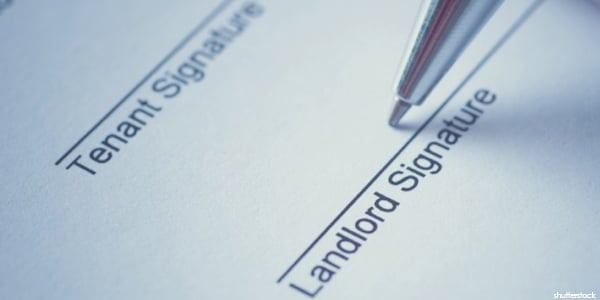Insurance
How First-Time Landlords Can Avoid Big Insurance Mistakes

Becoming a first-time landlord can be an exciting venture, but it’s crucial to navigate the complexities of property ownership wisely. It’s easy to make some big or small mistakes when you first become a landlord.
Avoiding insurance mistakes is an essential part of protecting your investment. Therefore, landlord insurance is a must-have for those who plan to lease a residential or commercial space.
Most landlords have their own homes, and as such, they use that experience when selecting a policy for their rentals. Unfortunately, they seldom select the right policy.
If you are a first-time landlord and want to avoid common pitfalls, you must know the following information about landlord property insurance.
Understand Your Coverage Needs
Regular homeowner’s insurance may not provide adequate coverage for rental properties. Landlord insurance covers the structure, liability, and potential rental income loss. For your own home, you do not need rent loss coverage.
Liability Coverage
This feature of landlord insurance protects you if someone is injured on your property. Make sure your policy has sufficient liability coverage.
Shop Around for Policies
Obtain quotes from multiple insurance providers to compare coverage options and prices. Consider working with an insurance agent who specializes in landlord policies. Avoid going for the cheapest premium insurance as it will likely result in you underinsuring the property.
Consider the Location
Some areas may have higher risks, such as natural disasters or high crime rates. Take the location of your rental property into account when choosing insurance coverage.
Understand Exclusions and Limits
Carefully read and understand the policy exclusions and limits. Ensure the policy covers common risks such as fire, theft, vandalism and loss of rent.
Some policies include coverage for loss of rental income due to covered perils (like a fire that makes the property uninhabitable). Ensure you understand the terms and limits of this coverage.
Update Insurance When Property Changes
If you make significant improvements or renovations to the property, update your insurance coverage to ensure the new value is adequately protected.
Screen Tenants Thoroughly
A good tenant screening process can help avoid potential issues leading to insurance claims. Quality tenants are less likely to cause damage to the property.
While not your insurance, requiring your tenants to have renters insurance is a good practice. It protects their personal property and can also provide liability coverage.
Notify Your Insurance Company
Inform your insurance company when there are changes in the occupancy status or if the property is vacant for an extended period. Vacant property may require different insurance coverage.
Consider an Umbrella Policy
An umbrella policy provides additional liability coverage beyond what is covered by your standard insurance policies. This can be beneficial in case of a major liability claim.
Regularly Review and Update Policies
Periodically review your insurance policies to make sure they still meet your needs. If your circumstances change, such as increasing property value, adjust your coverage accordingly.
Before tenants move in, document the property’s condition with photos or videos. This can be crucial if you must make an insurance claim due to property damage.
Summing Up
Remember that insurance is a critical aspect of risk management for landlords. If you want to ensure you are fully protected, building and contents insurance is a smart choice, but the policy will need to be for the correct sum to avoid a financial loss.
It doesn’t matter if you want landlord insurance to rent out a house, flat, apartment or bungalow to one or more tenants; you can use a landlord insurance comparison website to help you select the right insurance for your needs.
Do your homework to learn more about your responsibilities, so you can become a dependable landlord for your tenants, whilst ensuring you adhere to your legal obligations.
Ensure you keep a safe, hazard-free property for every tenant. To stay ahead of maintenance or replacement tasks do regular house inspections. Never put off any maintenance for example servicing a boiler or HVAC.




